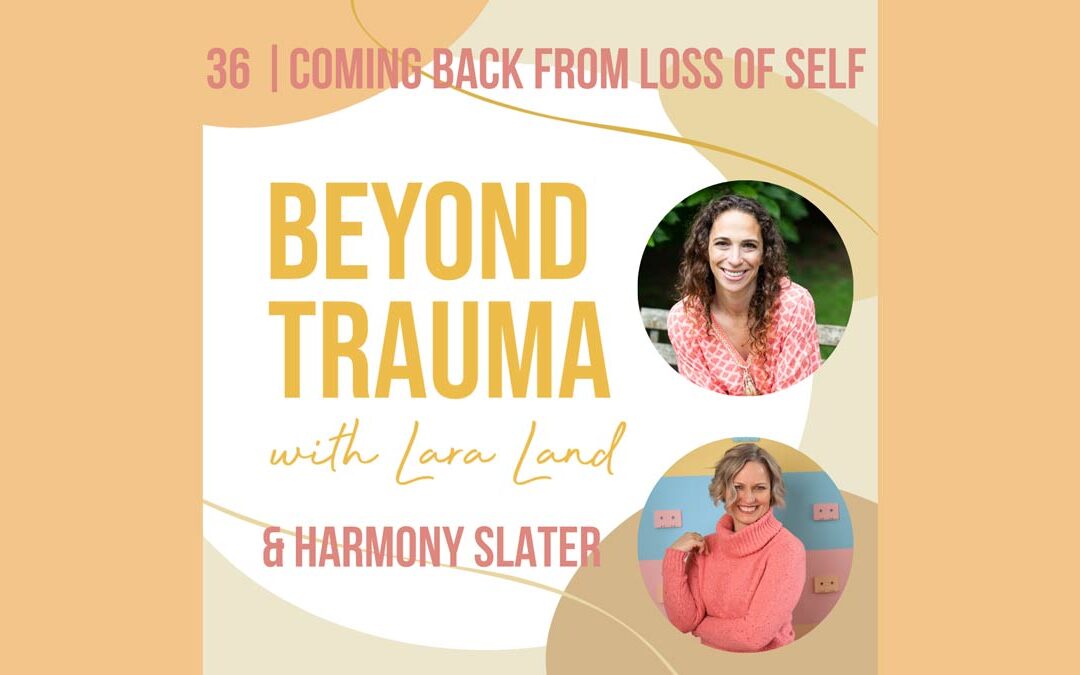The Emotional Impact of Divorce
Divorce is an emotionally turbulent experience that can leave deep scars on individuals and families involved. The end of a marriage is more than just a legal process; it is a profound loss that can lead to significant trauma. In this blog, we will explore the emotional impact of divorce, the signs of divorce trauma, and coping strategies to navigate this challenging life transition.
Divorce marks the end of a significant chapter in one’s life, often leading to feelings of grief, anger, fear, and uncertainty. The emotional impact can be overwhelming, affecting mental health and overall well-being. Understanding the depth of these emotions is the first step toward healing.
Recognizing Signs of Divorce Trauma
Divorce trauma can manifest in various ways, including anxiety, depression, sleep disturbances, and changes in appetite. Individuals may also experience a loss of self-esteem, trust issues, and difficulty forming new relationships. Recognizing these signs can prompt seeking support and intervention.
Coping Strategies for Healing
Coping with divorce trauma requires time, self-compassion, and a supportive network. Engaging in therapy or counseling can offer a safe space to process emotions and develop healthy coping mechanisms. Embracing self-care practices, such as exercise, mindfulness, and journaling, can also aid in the healing process.
Nurturing Emotional Resilience
Divorce can shatter a person’s sense of stability and security. Nurturing emotional resilience is crucial for bouncing back from this traumatic experience. By acknowledging emotions, seeking professional help, and focusing on personal growth, individuals can gradually rebuild their lives.
Co-Parenting Challenges and Solutions
For couples with children, divorce brings the challenge of co-parenting. Communication, flexibility, and putting the children’s well-being first are essential components of successful co-parenting. Learning to co-parent effectively can reduce stress and provide a stable environment for children to thrive.
Creating a New Identity
Divorce can lead to a reevaluation of one’s identity. Embracing this opportunity for self-discovery and growth can lead to a stronger sense of self and new life perspectives. Engaging in new hobbies, exploring interests, and setting personal goals can facilitate this process.
Seeking Support from Community and Resources
Navigating divorce trauma can feel isolating, but there is a vast network of support available. Joining divorce support groups, attending workshops, and utilizing online resources can help individuals connect with others who have experienced similar challenges. Dr. Elizabeth Cohen, aka “the divorce doctor” who I had on the Beyond Trauma Podcast Episode 6 has wonderful resources for thriving after divorce.
This week I have guest Harmony Slater on the podcast, who talks in depth about how the trauma of divorce impacts our first chakra and sets us into fight or flight mode no matter how much we try to have a compassionate, easeful process. We also discuss the identity loss that occurs post-divorce, after entering motherhood, or when leaving a community and how to resolve some of the nervous system dysregulation that can occur.
The trauma of divorce is a difficult emotional journey that affects individuals and families profoundly. Acknowledging the emotional impact and recognizing the signs of divorce trauma are essential steps in the healing process. Seeking support from the community and resources can provide much-needed encouragement and understanding during this transformative time. Remember, healing is a gradual process, and with patience, self-compassion, and support, individuals can overcome divorce trauma and embrace a new chapter of life with strength and optimism.


Recent Comments